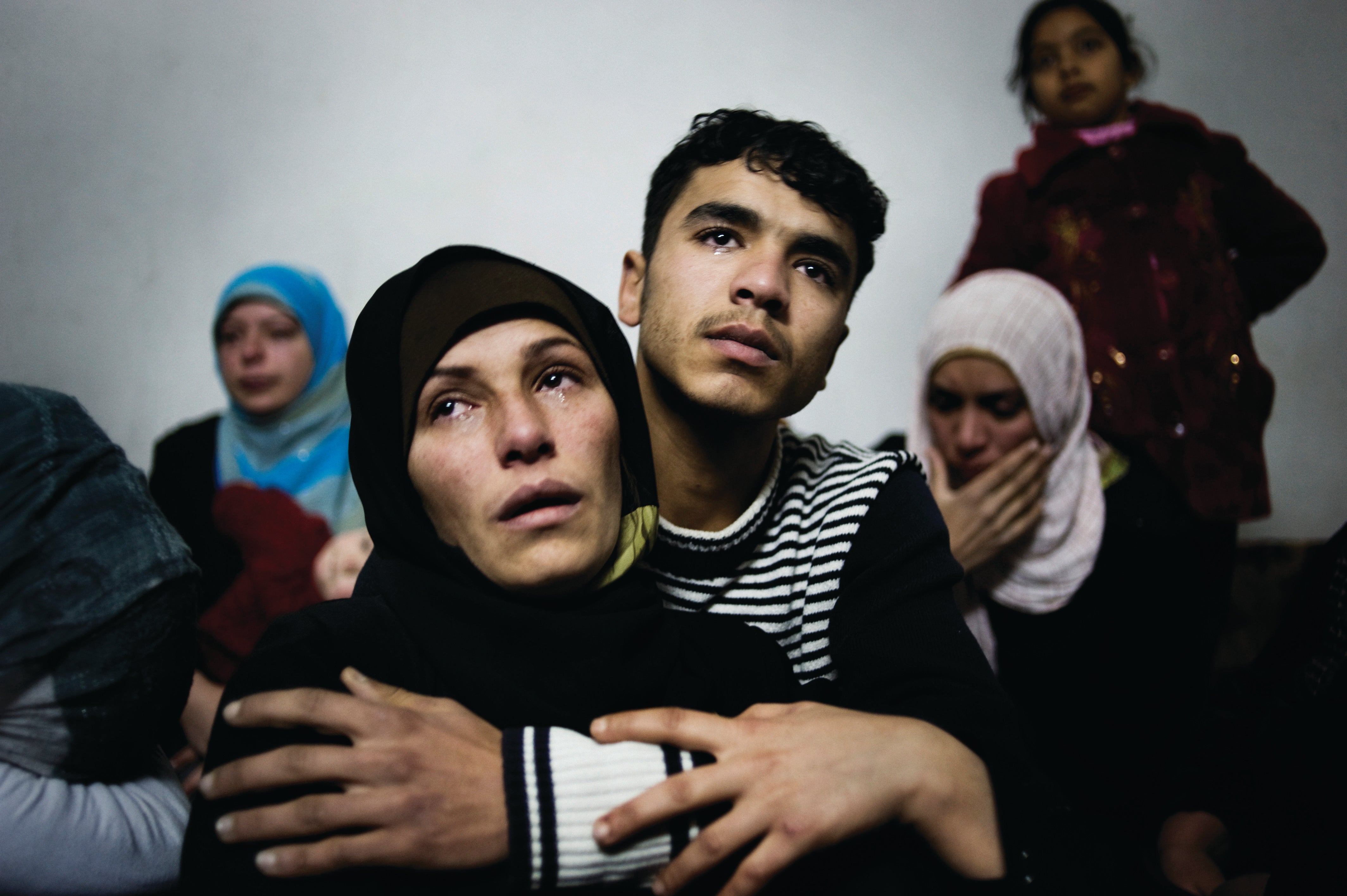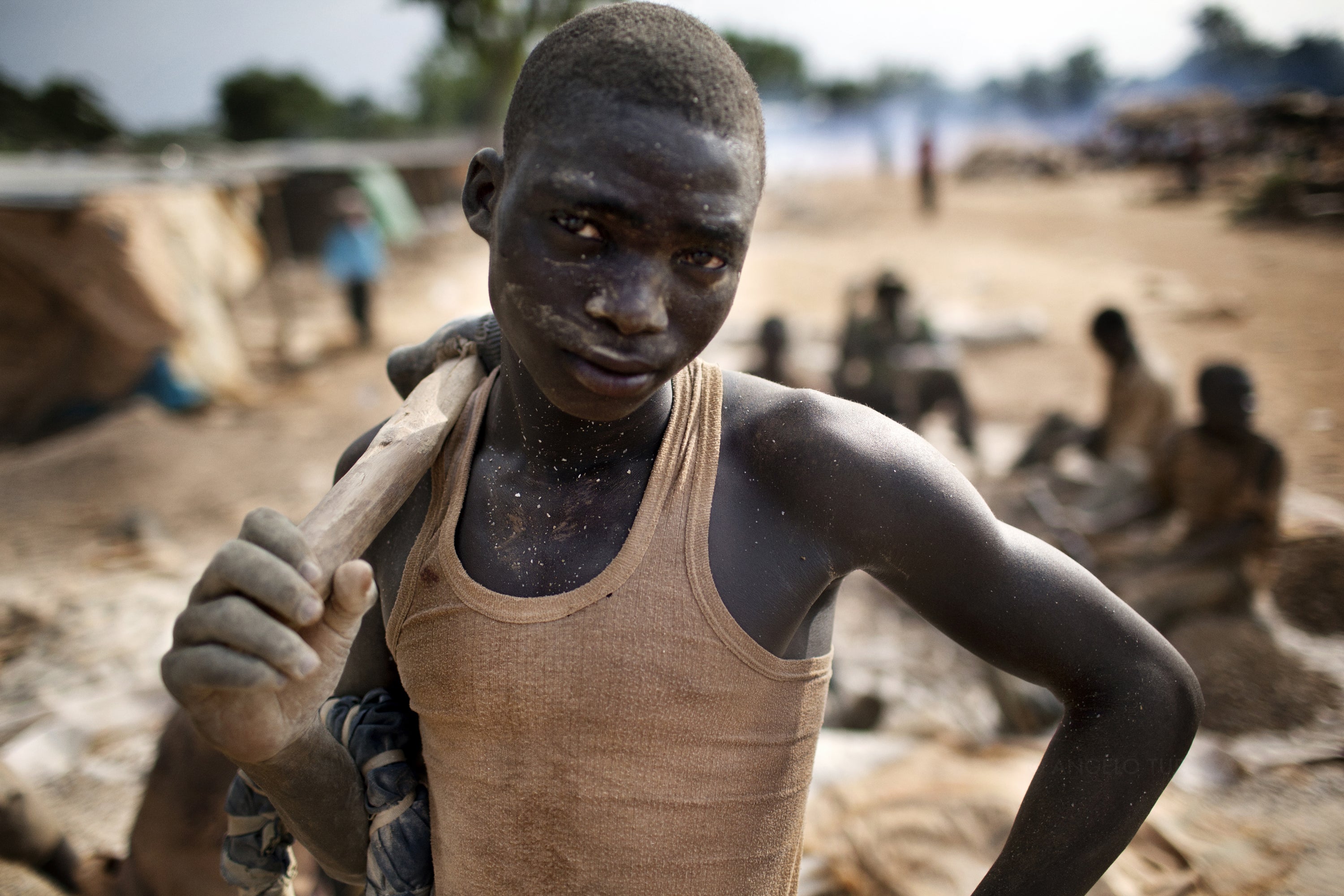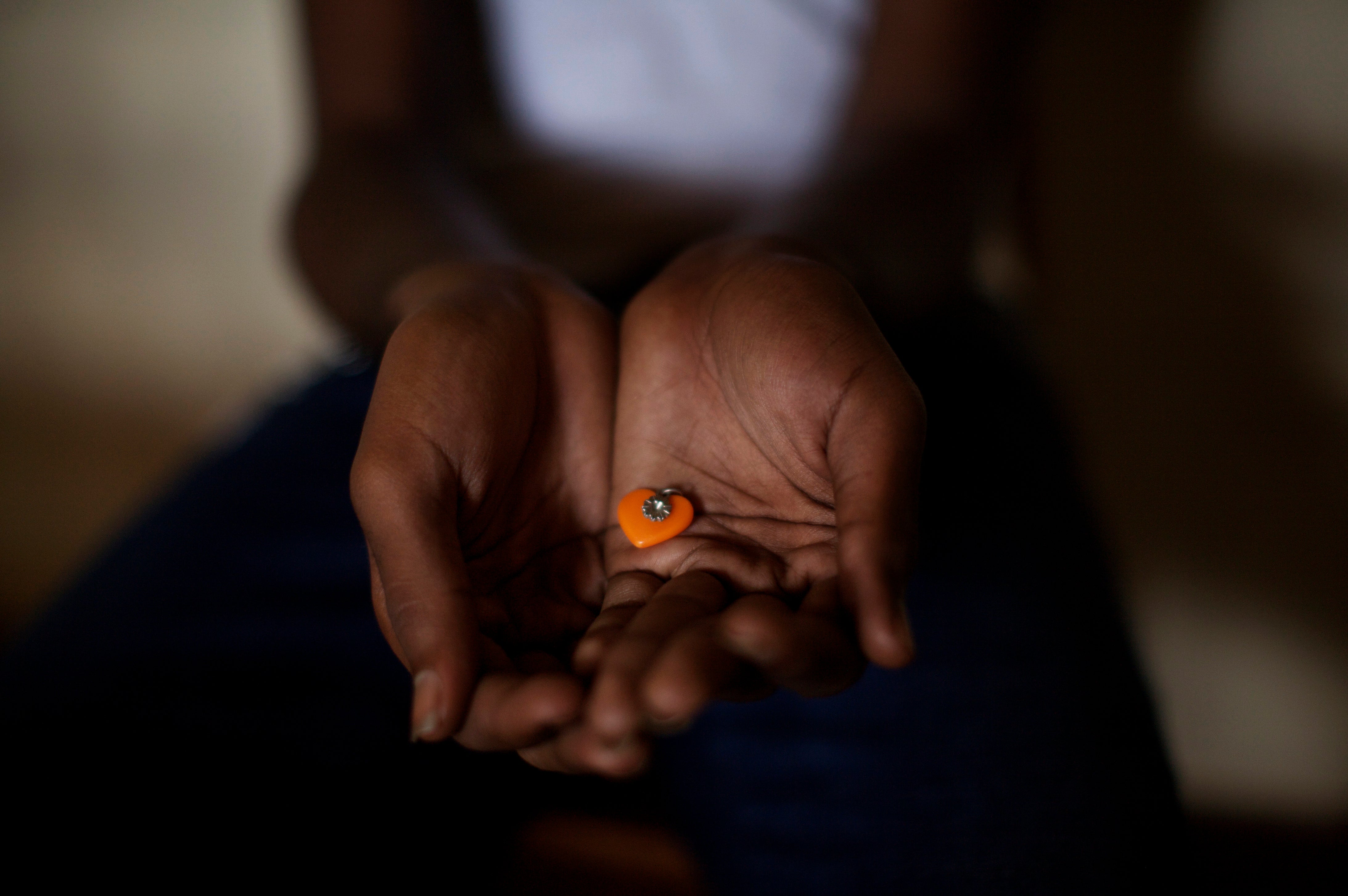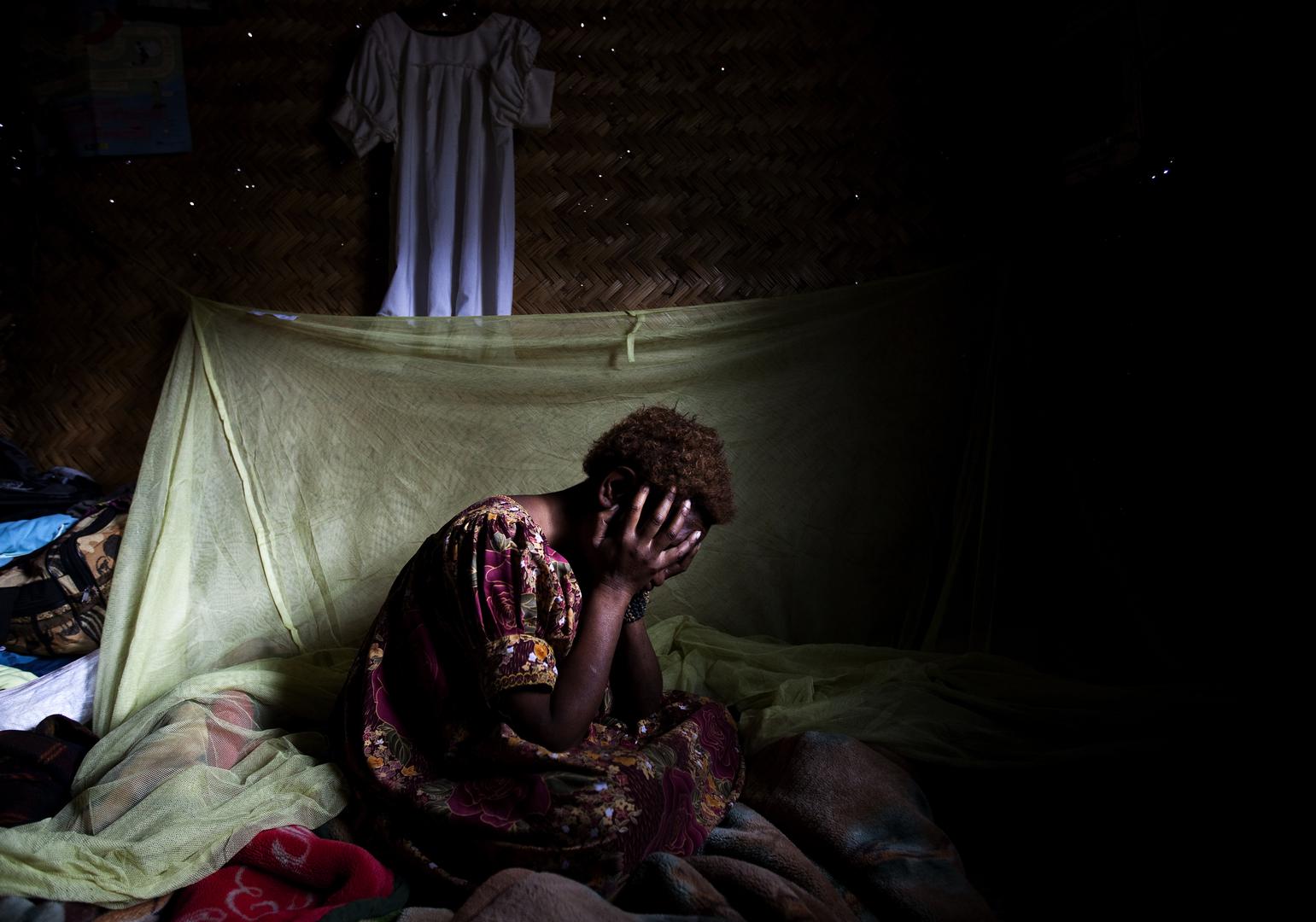Human rights developments in Zimbabwe in 2012 were dominated by the drafting of a new constitution and the implementation of the Global Political Agreement (GPA), signed in 2008, which created the power-sharing coalition between the former ruling party, the Zimbabwe African National Union-Patriotic Front (ZANU-PF), and the opposition party Movement for Democratic Change (MDC) following the 2008 elections. There has been little progress in implementing key aspects of the GPA, notably the need for institutional and legal reforms, ending political violence, and ensuring accountability for past human rights abuses.
The Global Political Agreement and the Constitution
More than four years after ZANU-PF and the MDC signed the GPA, few of the reforms outlined in the agreement have been fully implemented. Reforms needed to improve the human rights environment and to create conditions for democratic elections include: a parliament-led process to write a new constitution; police training; prioritizing a legislative agendato enshrine the agreement’s provisions; renouncing the use of violence; and ensuring that the government fully and impartially enforces domestic laws in bringing all perpetrators of politically motivated violence to justice. The GPA also guarantees free political activity whereby all political parties are able to propagate their views and canvass for support, free of harassment and intimidation, and calls for respect for the rule of law. It also commits the unity government to ensure the full implementation and realization of the rights to freedom of association and assembly, and the promotion of freedom of expression and communication.
After 36 months of discussions, the Constitutional Select Committee of Parliament produced a final draft of the constitution on July 18, 2012. ZANU-PF and the MDC engaged in long debates over key provisions. The MDC endorsed the final draft, but ZANU-PF called for further amendments, including questioning limits to presidential powers and references to devolution. After some pressure from the regional body, the Southern African Development Community (SADC), ZANU-PF backed down and a stakeholder’s conference to discuss the constitution was held from October 21 to October 23. A date for a referendum on the new constitution has yet to be set and elections must be held by June 2013, as prescribed by the GPA.
While legislation to establish an independent and credible human rights commission and electoral commission has been passed, there are significant concerns with the two commissions. The law establishing the human rights commission states that it can only investigate alleged human rights abuses since the formation of the power-sharing government in February 2009. This prevents the commission from investigating other serious crimes, including election-related violence in 2002, 2005 and 2008; the massacre of an estimated 20,000 people in Matabeleland North and South in the 1980s, as well as the government-led mass demolitions of homes and business structures, and evictions of several thousand people from their homes in 2005.
Concerns persist over the composition of the Zimbabwe Electoral Commission, many of whose members are regarded as highly partisan supporters of ZANU-PF.
Freedom of Expression, Association, and Assembly
The power-sharing government has either failed to amend or come to agreement on amending repressive laws such as the Access to Information and Protection of Privacy Act (AIPPA), the Public Order and Security Act (POSA), and the Criminal Law (Codification and Reform) Act, which severely curtail basic rights through vague defamation clauses and draconian penalties. The failure to amend or repeal these laws, and to develop mechanisms to address the partisan conduct of the police, limits the rights to freedom of association and assembly ahead of and during the coming elections.
Provisions in AIPPA and POSA that provide criminal penalties for defamation, undermining the authority of, or insulting the president, have routinely been used against journalists and human rights defenders. ZANU-PF has repeatedly blocked attempts by the MDC to amend POSA and bring it in line with commitments in the GPA. Police often deliberately interpret provisions of POSA to ban lawful public meetings and gatherings. Prosecutors have often used section 121 of the Criminal Procedure and Evidence Act against opposition and civil society activists to overturn judicial rulings granting bail and extend detention by seven days.
Activists continue to be wrongly prosecuted and charged under these laws. On March 19, 2012, six civil society activists, arrested in 2011 for watching a video of Arab Spring protests, were convicted under section 188 of the Criminal Law (Codification and Reform Act) of conspiracy to commit violence. On March 21, a Harare magistrate gave the activists two-year suspended sentences, US$500 fines, and 420 hours of community service. Lawyers representing the activists appealed the verdict at the Harare High Court, and called for an investigation into allegations by the activists that police and security agents tortured them in efforts to extract confessions that they were planning an uprising against the government.
On September 12, 2012, the minister of media, information and publicity, Webster Shamu, threatened to use the AIPPA to revoke the operating licenses of media organizations, accusing them of abusing their media freedoms by denouncing the country and its leadership.
In February 2012, the ZANU-PF governor of Mazvingo province threatened to deregister 29 nongovernmental organizations involved in providing various social services—including providing food, clothing, and assisting people with disabilities—for failing to register with his office. Although he had no legal authority to deregister NGOs, fears that such threats might spread to other provinces became a reality when on August 23, a similar threat was issued against the director of Gays and Lesbians of Zimbabwe(GALZ) for operating an “unregistered” organization, after he and other GALZ members were arrested.
Human Rights Defenders
Attacks on human rights defenders continued in 2012. Police repeatedly arrested members of Women of Zimbabwe Arise (WOZA) as they conducted peaceful protests related to human rights and the economic situation.
Police also regularly harassed the director of the Zimbabwe Human Rights NGO Forum, Abel Chikomo. He was arrested and released on bail in 2011 after police accused him of running an unregistered organization. Chikomo was required to report to the Harare police station on numerous occasions throughout the year and was eventually summoned to stand trial on July 3, 2012. The state withdrew the summons on July 25, but reiterated its intentions to serve fresh summons at a future date. In the meantime, police have continued to harass Chikomo by repeatedly visiting the offices of the NGO Forum.
Sexual Orientation and Gender Identity
The government intensified its attacks against lesbian, gay, bisexual, and transgender (LGBT) rights activists despite statements by Prime Minister Morgan Tsvangirai that LGBT rights should be enshrined in the new constitution.
On August 20, 2012, police occupied the Harare offices of GALZ for six hours. They confiscated documents, advocacy materials, and computers. Earlier on August 11, police raided the group’s offices without a warrant after the group issued its 2011 LGBTI Rights Violations Report and a briefing on the draft constitution. During the raid, police briefly detained 44 GALZ members, punching and slapping them, and assaulting them with batons. Police took the names of all 44 members before releasing them without charge. The following week, police went to some of the members’ homes and took them to police headquarters for further questioning.
In July 2012, police summoned the director of GALZ and informed him that they would prosecute him for continuing to display in GALZ’s offices a letter from the mayor of San Francisco criticizing President Robert Mugabe for being homophobic.
Key International Actors
Led by the South African government, SADC continued to mediate efforts to ensure the implementation of the GPA and a road map towards free, fair, and peaceful elections in Zimbabwe. At an annual summit on August 18, 2012, SADC leaders urged the power-sharing government to create conditions for free and fair elections, and called for the implementation of reforms under the GPA.
Human rights activists and other critics have considered these statements to be inadequate and have questioned SADC’s ability to robustly address the slow pace of human rights reforms and ZANU-PF’s blocking of the rigorous implementation of the GPA.
In February 2012, the European Union renewed restrictions on development assistance to Zimbabwe for six months instead of one year, as it had done in the past. The EU eased restrictions against ZANU-PF members and party allies by removing 51 people and 20 companies from its sanctions list. Some human rights activists expressed concerns that some of those removed from the list had links to illicit diamond mining in Marange and should not have been taken off it.
On July 23, 2012, in response to what it considered encouraging progress in implementing the GPA, the EU announced an immediate suspension of restrictions on development assistance and pledged that it would suspend the rest of its restrictive measures if a credible and peaceful referendum was held on a new constitution. This came after the UN high commissioner for human rights, Navi Pillay, called for the suspension of sanctions in a visit to Zimbabwe in May.
Australia also took similar steps in 2012 to remove people and entities from its list of restrictive measures.
The United States government was appropriately more cautious in lifting its own restrictive measures against ZANU-PF. It held its position to continue such measures until “substantial and irreversible progress” has been made towards implementation of the GPA.




